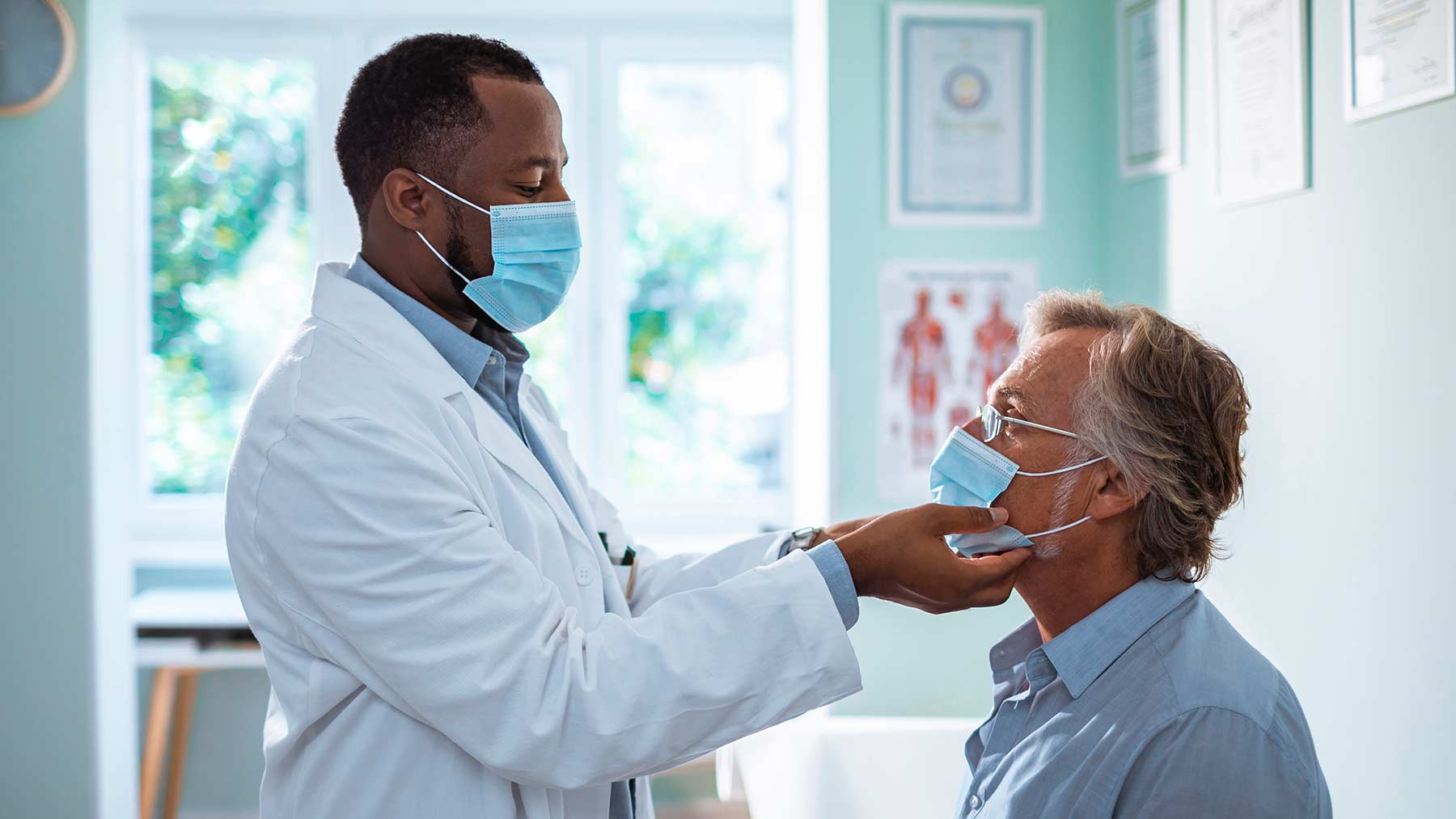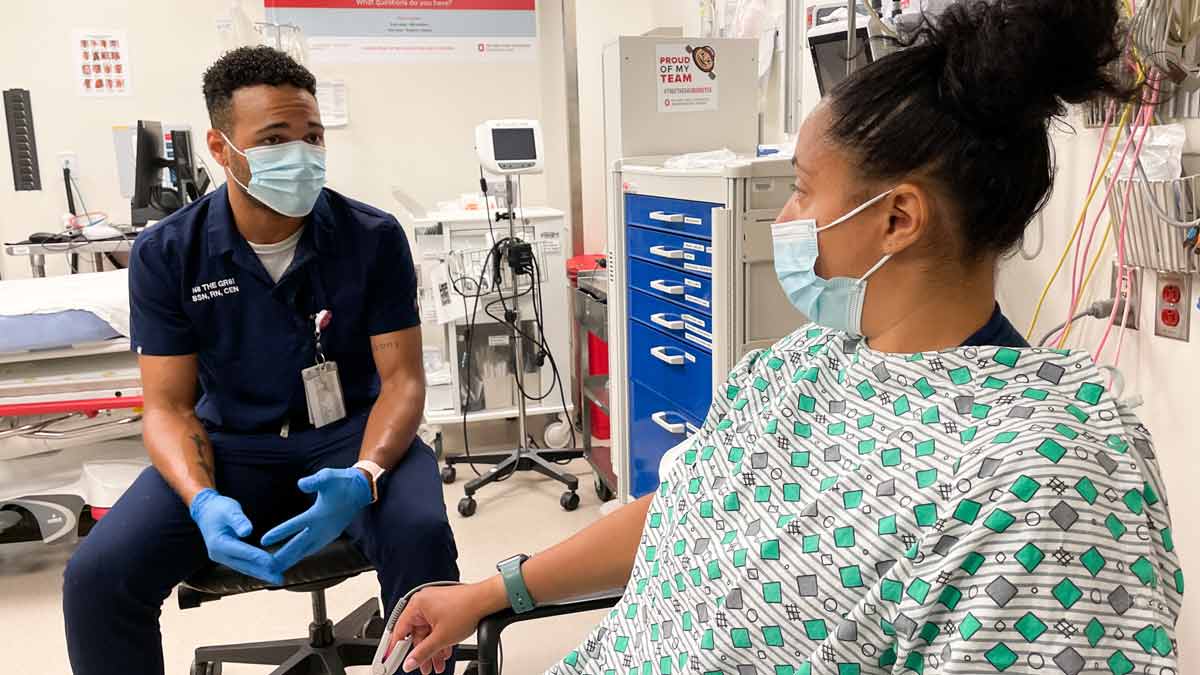Don't zoom by your annual checkup

As physicians, our goal is to help prevent disease and promote health. We accomplish this by regular meetings with our patients to address acute, chronic and preventive concerns.
The annual physical examination with your primary care provider is a checkpoint in time when you and your physician can come together to discuss your overall state of health, health successes and opportunities for improvement. If you delay this important medical care, there’s a risk for underlying disease to grow and flourish in your body.
I feel fine. Why do I need to go to the doctor?
When it comes to preventing disease, there are three levels of care: primary, secondary and tertiary.
- Primary prevention aims to prevent a disease before it ever occurs. This is where we screen you for diabetes and hypertension, hoping to catch elevated blood sugars in the prediabetes range before they become full blown diabetes, or monitoring pre-hypertensive states before they become Stage 1 or Stage 2 hypertension.
- Secondary prevention tries to detect a disease early and prevent that disease from getting worse. For example, we offer cervical, breast, colorectal and lung cancer screenings with the intent to catch disease early so that it can be treated early with the aim of preventing loss of life.
- Tertiary prevention aims to improve your quality of life and reduce the symptoms of a disease you already have. So if you already have diabetes or hypertension, we want to help you treat and monitor the course of the disease so that it doesn’t get worse and cause poorer health outcomes.
What should I expect during an annual physical?
Annual physical examinations are usually about 40 minutes, double the amount of time allotted for a regular follow-up appointment with your doctor. We’ll review your medical history; check your vital signs such as blood pressure, heart rate, temperature, respiratory rate and weight; draw blood for lab tests; and exam your body. You may be given a gown to wear during the visit.
Our aim is to assess a patient from the top of the head to the bottom of their feet by body system. We look at your general appearance and affect; check your head, eyes, ears, nose and throat; listen to your heart and lungs; feel your abdomen; review diet and bowel movements; look for suspicious lesions on the skin; assess movement and sensation; ask about your mental health; and much more.
How does the exam differ for men and for women?
We don’t screen for testicular cancer in men without symptoms. For men 55-69 years of age, a discussion regarding prostate specific antigen (PSA) screening should be individualized to each patient and medical history based on risk factors and take into consideration the patient’s values and preferences.
For women, if there’s a concern regarding the breasts or pelvic/vaginal region, we can also include a breast and pelvic examination. We can perform pap smears with HPV testing, depending on your age, to screen for cervical cancer. We can discuss breast cancer screenings for women who are age appropriate.
Will I need to get any vaccinations?
During the annual physical examination, we can discuss and review previous vaccinations received and those that are due. For adults, we’ll suggest the annual influenza vaccination and recommend the COVID-19 vaccine. For well child visits, we follow the Centers for Disease Control and Prevention vaccine schedule and have a discussion regarding recommended vaccinations.
What protocols are in place to keep patients safe during the pandemic?
When you come to the clinic for your annual physical, you’ll clearly see the enhanced safety measures we’ve taken to minimize the risk of spreading COVID-19. At the building entrance, you’ll be screened for fever and other COVID-19 symptoms and you’ll be required to wear a mask. Appointments are staggered and waiting areas are spread out to ensure proper social distancing. Plus our staff is cleaning more frequently.
If you’re concerned that you’ve been exposed to COVID-19, you can call your doctor to discuss your risk and schedule a COVID-19 test.
To protect yourself and your loved ones, COVID-19 vaccination is recommended. There are three COVID-19 vaccinations available. If you’re eligible to receive the vaccine, we recommend that you sign up as soon as you can.
Sophia Tolliver is a primary care physician at The Ohio State University Wexner Medical Center and an assistant professor at The Ohio State University College of Medicine.




